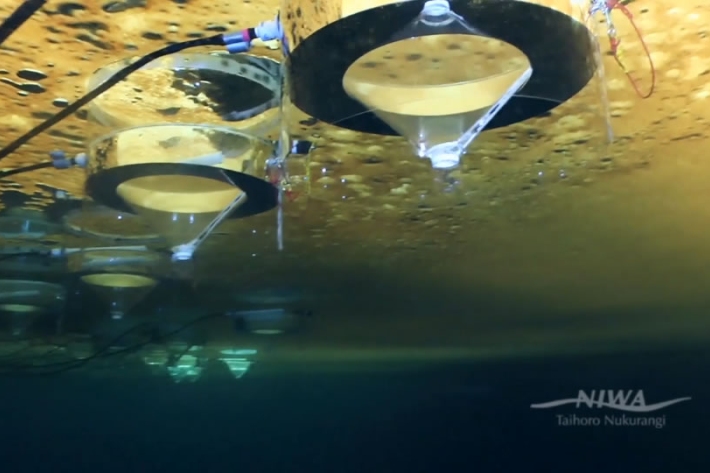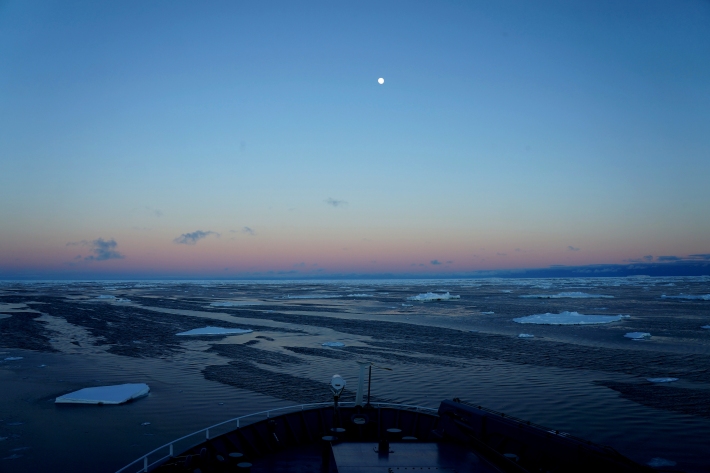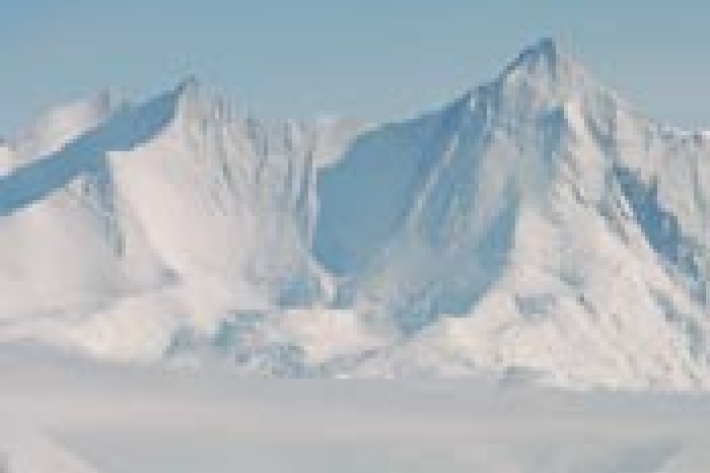-

Early Christmas present for Antarctic researchers
News article08 December 2014In a small green laboratory perched on the rocky volcanic southern peninsula of Ross Island, Antarctica, there’s a space waiting for a new shiny, hi-tech Christmas present. -

NIWA scientists working under the ice in Antarctica
News article06 October 2014NIWA marine ecologists, including specialist divers, are heading south shortly for the second stage in a range of experiments that take place under the ice in Antarctica. -

NIWA scientists make waves about sea ice
News article29 May 2014NIWA scientists have made a breakthrough in understanding one of the key processes driving changes in sea ice. -

Ocean acidification and warming
Research ProjectAcidification of the world’s oceans from rising atmospheric carbon dioxide levels reduces the availability of carbonate required by some marine organisms to build shells and skeletons, and potentially affects their ability to maintain existing structures. -

Understanding past changes in the Southern Ocean
Research ProjectThe Southern Ocean has a strong influence on New Zealand and global climate. To understand how the oceans have changed over 1000s of years we use sediment archives from the seafloor. -

NIWA’s Tangaroa sets sail to study how Antarctica affects ocean currents
News article30 January 2013 -

NIWA celebrates success of the Montreal Protocol
News article14 September 2012 -

Chemistry-climate modelling
Research ProjectThis research project focusses on modelling atmospheric chemistry and climate from the surface to the top of the stratosphere, using sophisticated chemistry-climate models. -

Antarctic Climate Change
Antarctica sea ice and climate change -

Antarctic Coastal Marine Life in a Changing Climate
Effect of climate change on Antarctic marine invertebrates

